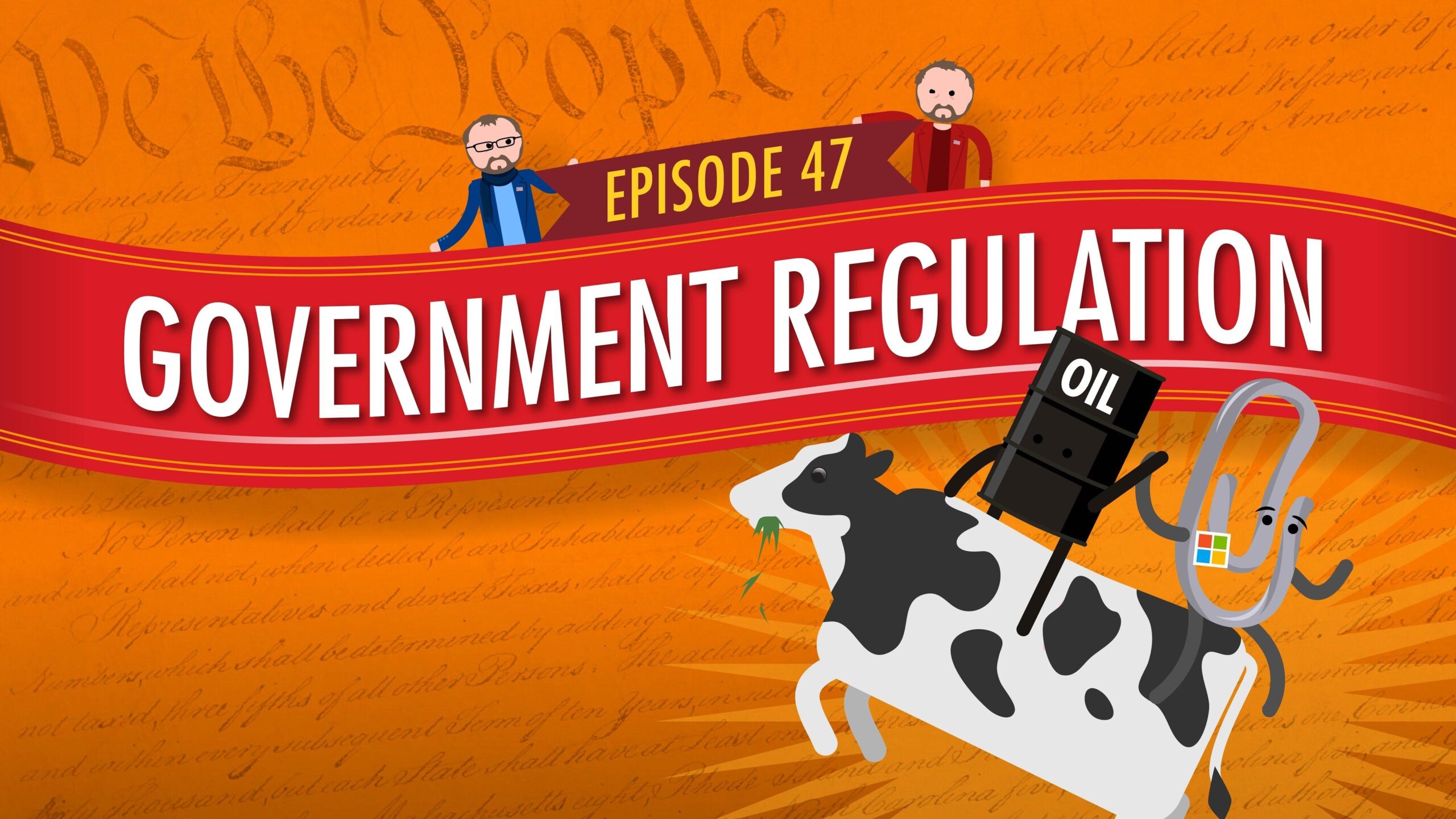Understanding Policy and Regulation
Policy and regulation are crucial components of any society, playing a vital role in safeguarding businesses and maintaining order. As a professional in the field, I have witnessed firsthand the impact that effective policy and regulation can have on businesses and society as a whole. In this article, I will explore the importance of policy and regulation, the challenges they present, and the role they play in shaping the future.
Policy refers to the guidelines, rules, and principles set by governing bodies to achieve specific objectives. It serves as a blueprint for decision-making and directs the actions of individuals, organizations, and governments. On the other hand, regulation involves the enforcement and implementation of these policies. It ensures compliance with the established rules and safeguards against any violations.
The Role of Policy and Regulation in Safeguarding Businesses and Society
Effective policy and regulation are essential for maintaining a fair and transparent business environment. They provide a level playing field for all participants and protect businesses from unfair practices. By setting clear standards and guidelines, policy and regulation ensure that businesses operate ethically and responsibly.
Furthermore, policy and regulation play a crucial role in protecting consumers. They establish safety standards, quality controls, and consumer rights, ensuring that products and services meet certain criteria. This not only builds trust between businesses and consumers but also safeguards the well-being of society at large.

The Impact of Effective Policy and Regulation on Businesses
When policy and regulation are implemented effectively, businesses can thrive and grow with confidence. Clear guidelines and standards foster a stable and predictable business environment, enabling companies to make informed decisions and plan for the future. This stability attracts investments, encourages innovation, and promotes healthy competition.
For example, the implementation of stringent data protection regulations, such as the General Data Protection Regulation (GDPR), has forced businesses to prioritize the privacy and security of customer data. While initially seen as a burden, these regulations have ultimately benefited businesses by enhancing trust and credibility among consumers.
Examples of Successful Policy and Regulation Implementation
Several examples highlight the positive impact of well-implemented policy and regulation. The introduction of the Clean Air Act in the United States has significantly improved air quality and reduced pollution levels, leading to better health outcomes for the population. This policy has also stimulated the growth of clean energy industries, creating new business opportunities and jobs.
Another successful example is the implementation of financial regulations following the global financial crisis of 2008. Stricter regulations and oversight of the banking sector have increased stability and reduced the risks associated with the financial system. This has restored confidence in the industry, benefiting both businesses and consumers.
The Challenges of Policy and Regulation
While policy and regulation are essential, they are not without their challenges. One major hurdle is the constant need to adapt to an ever-changing landscape. Technological advancements, globalization, and societal shifts require policymakers to stay abreast of emerging issues and develop policies and regulations that address new challenges effectively.
Additionally, finding the right balance between regulation and innovation can be a delicate task. Overregulation can stifle innovation and hinder business growth, while underregulation can lead to unethical practices and harm consumers. Striking the right balance requires a deep understanding of the industry, careful analysis of risks, and ongoing evaluation and adjustment of policies.

The Importance of Collaboration between Businesses and Policymakers
Effective policy and regulation are best achieved through collaboration between businesses and policymakers. By involving businesses in the policy-making process, policymakers gain valuable insights into industry dynamics, challenges, and opportunities. This collaborative approach ensures that policies and regulations are practical, relevant, and effective in achieving their intended objectives.
Businesses, on the other hand, benefit from being active participants in policy discussions. They can shape regulations to align with their needs and provide valuable expertise to policymakers. This collaboration fosters a sense of ownership and responsibility among businesses, leading to greater compliance and better outcomes for both the industry and society.
The Role of Technology in Policy and Regulation
Technology plays a significant role in shaping policy and regulation in today’s interconnected world. It has transformed the way businesses operate and interact with consumers, necessitating the development of new regulations to address emerging issues.
For instance, the rise of e-commerce has prompted the need for regulations governing online transactions, consumer protection, and data privacy. Similarly, advancements in artificial intelligence and automation have raised concerns about job displacement and ethical implications, requiring policymakers to develop regulations that balance innovation and societal well-being.
The Future of Policy and Regulation
As we look to the future, policy and regulation will continue to evolve in response to emerging challenges and opportunities. The increasing interconnectedness of the global economy, the rapid pace of technological advancements, and the urgent need to address climate change will shape the agenda for policymakers in the coming years.
To navigate this complex landscape successfully, policymakers must embrace innovation, foster collaboration, and remain flexible in their approach. They must also engage with businesses, civil society, and the public to ensure that policies and regulations reflect the diverse perspectives and needs of society.
The Benefits of a Well-Regulated Business Environment
A well-regulated business environment brings numerous benefits to both businesses and society. Firstly, it creates a level playing field, preventing unfair competition and ensuring that businesses compete based on merit. This fosters innovation, encourages investments, and drives economic growth.
Secondly, a well-regulated business environment protects consumers and strengthens trust in the market. By setting clear standards and enforcing compliance, regulations ensure that products and services meet certain quality and safety criteria. This protects consumers from fraudulent practices, substandard products, and unethical behavior.
Lastly, a well-regulated business environment promotes sustainability and social responsibility. Policies and regulations can encourage businesses to adopt environmentally friendly practices, reduce their carbon footprint, and contribute positively to society. This not only benefits the environment but also enhances a company’s reputation and attracts socially conscious consumers.



